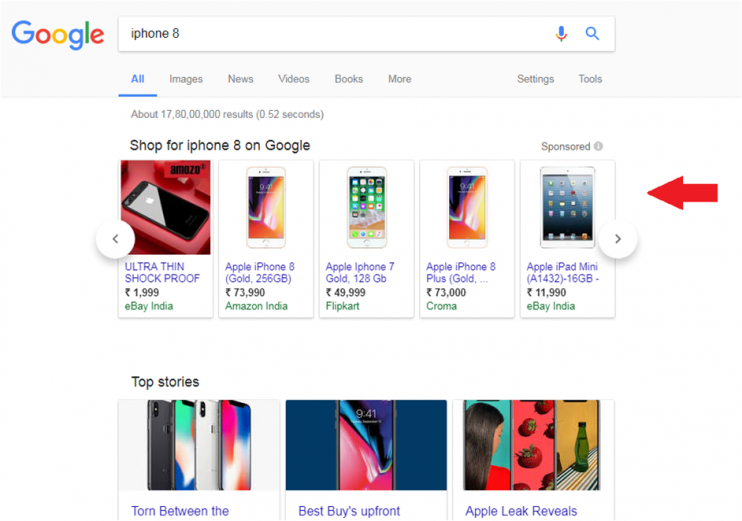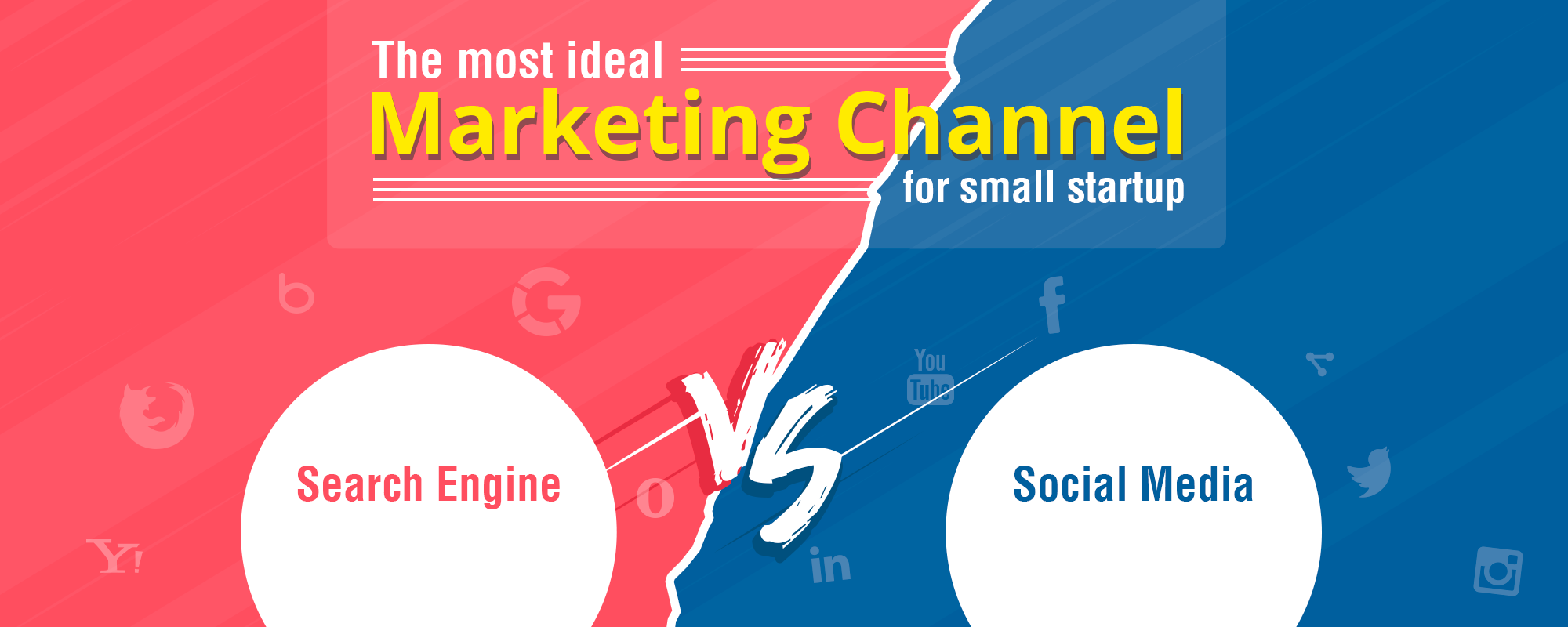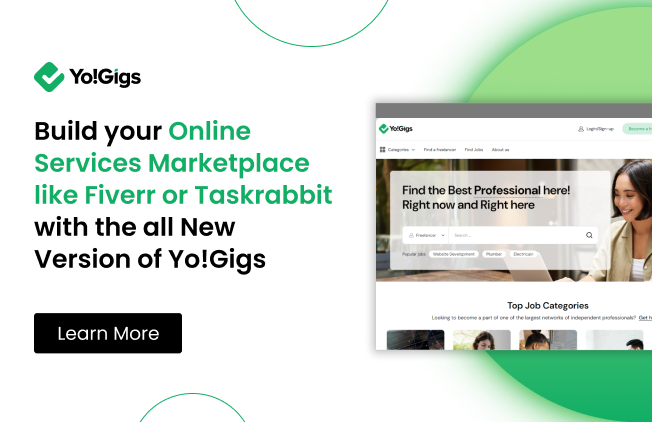“Two roads diverged in a yellow wood, and sorry I could not travel both“
– Robert Frost
Search Engine & Social Media– The two marketing channels pave two different roads for marketers that promise more traffic than all the others. Entrepreneurs of small to medium sized ecommerce startups, with their very limited budget, often find themselves pondering over the question that which of these two marketing techniques (SEM or SMM) they should focus on to get the best results.
For established enterprises, with a gigantic amount of capital under their belt, the game of online marketing is much simpler. If we have to put it in one line – they use search engines as their primary traffic factory, and use social media for branding and to boost their seasonal sales & promotional offers.
For instance, consider this – whenever you google any product you want to buy online, you see a bunch of sponsored results from all the ecommerce giants like Amazon, eBay, Etsy, Flipkart, etc., (depending on your geographic location).

Small Ecommerce Business Should Use Social Media as Their Prime Marketing Channel
It’s not that landing among these results is impossible for new ecommerce players, but the bids for such popular product keywords (in Google AdWords PPC) is so high that even a single ad can cost you a fortune.
In that regard, social media serves as a viable medium for small businesses to promote their brand, reach thousands of potential customers, and bring traffic to their website in a much economical manner (since social media ads are not primarily keyword-based).
However, it is not to say that new ecommerce players should ignore search engines altogether. Search engine marketing (SEO & PPC) hold importance for businesses of all sizes and industry, all the times; therefore, should always be in your digital marketing mix. But considering your ecommerce startup is on a tight marketing budget, your focus should be on social media to get the optimum outcomes.
To help small ecommerce startups benefit the most from these two big marketing channels, in the following sections, we will briefly cover some actionable SEM & SMM tips specially designed for them.
Social Media Marketing (SMM)
- Create business page on social networks that are relevant to your business. For instance, as an online apparel store, go for Facebook, Instagram, Snapchat, &Pinterest
- Regularly share engaging posts, such as about latest trends in your industry or funny (if relevant to your business) post with images and videos
- Run ads frequently on all social media platforms. Make sure your demographic targeting (such as age, sex, region, device, etc.) is well-planned
- You can manage your Facebook & Instagram ads from one place. But don’t forget to make use of the latest marketing features that Facebook offers
- For lifestyle, food, & travel industry ecommerce startups, Snapchat marketing is also very effective and can help in attracting lots of potential customers
- Also stay active on Twitter – both, as a business & user. Twitter trends can help you decide what you should share with customers on other social networks
- If you have a blog for your ecommerce store, share your posts more than once (after a few days break) to ensure that it reaches maximum audience
- Keep a check on the analytics of all social media channels to decide the optimum time, frequency, & content of your posts
Search Engine Marketing (SEM)
- Create Google My Business account & add complete business information (such as phone, website, email, images, if possible). If you think other search engines such as Bing or Yahoo are also popular in your target region, go ahead and make business account on them as well
- Do On-page SEO – such as optimizing URL structure of product & category pages, submitting sitemap, robot.txt file, 301 redirections, canonical tags, etc. (read in detail here)
- Do Off-page SEO – such as interlinking all your social media profiles with website, writing articles for free 3rd party blogs and getting valuable backlinks
- Do an extensive keyword research & try to find the gaps in keywords covered by your competitors and run PPC ads for them.
- In case, you don’t come up with overlooked keywords, run your PPC campaign for keywords with low competition, as it won’t cost your much
- Create a blog & update it regularly with informational & promotional posts. Don’t miss out on including relevant keywords in your content, do optimum interlinking, and use graphics
- List your business on all high-authority local business listing sites (especially if you are targeting a specified region with your business)
- Encourage happy customers to leave reviews & rating on your 3rd party website business listings
As mentioned earlier, all the above-mentioned tips are especially recommended for small to medium sized ecommerce startups, and their execution doesn’t require much capital or technical expertise. If however, you lack the first-hand experience, don’t feel confident or simply don’t have much time to incorporate these practices yourself, it is always a good decision to take help of a reputed marketing agency.
Affordable Digital Marketing Solutions Designed to Meet Startups’ Needs
Conclusion
Unlike Robert Frost (the poet mentioned in the beginning), luckily for entrepreneurs, there’s no such obligation that they can’t use both roads – search engine & social media. They can take advantage of both channels at once, but only if used strategically as per the available budget & resources. The bottom line is that they should primarily focus on acquiring customers through social media, while also not leaving the search engines behind.
As a successful small to medium sized ecommerce business, if you have additional suggestions for startups in regard to social & search engine marketing, we would love to hear them. Feel free to write them in the comments.



